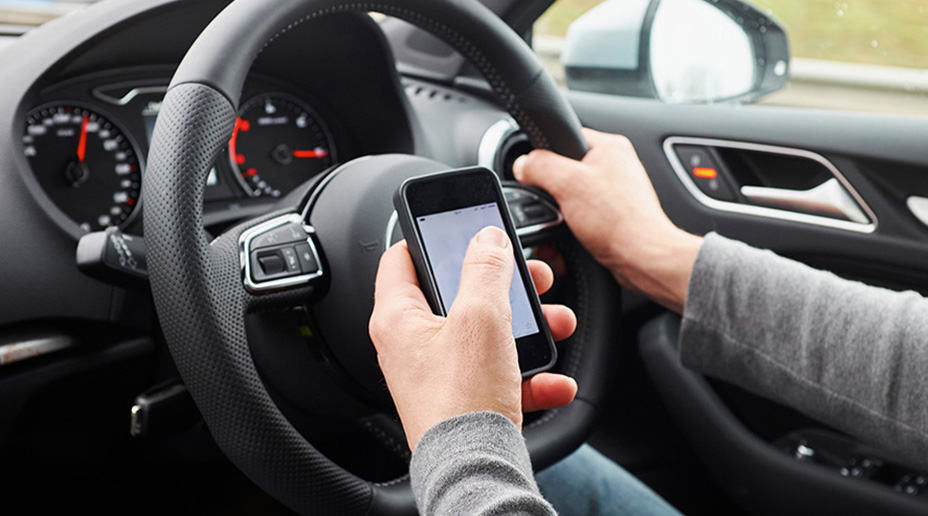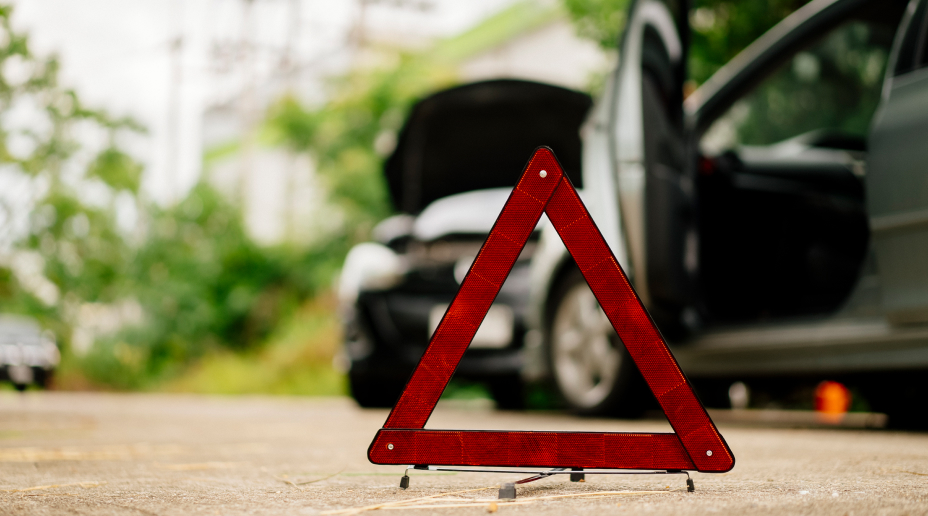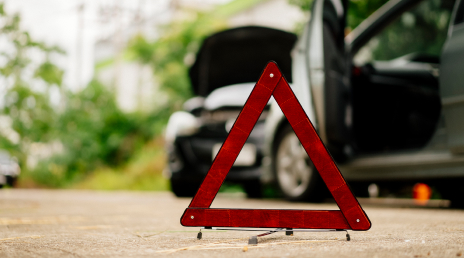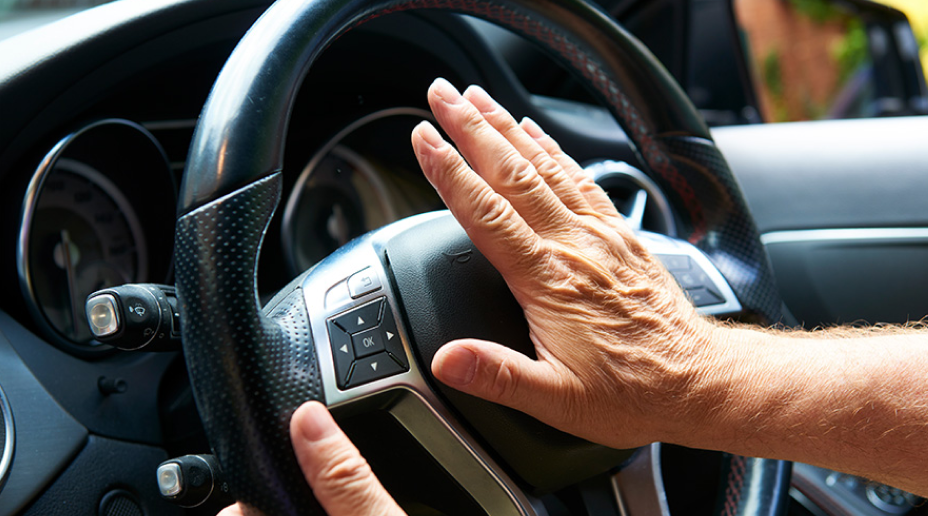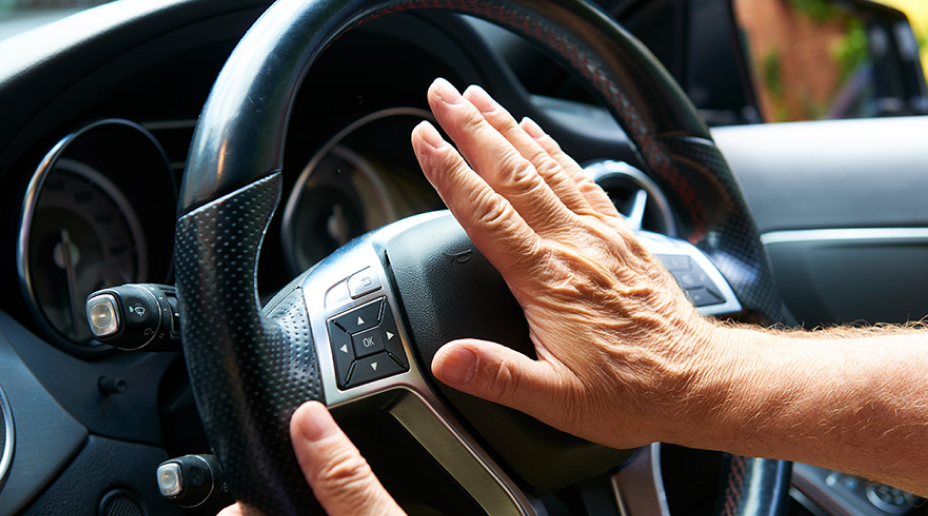How are car insurance premiums calculated?
Whether you’re commuting or heading off on a road trip, having the right level of cover is essential for a smooth ride
Car insurance is a legal requirement for anyone driving in the UK, but when buying a policy there are many things to consider, from the cover offered, to optional extras like breakdown and a courtesy car, and of course, price.
When shopping around for anything in life, we always want to find the best deal, but when it comes to insurance it can be confusing. Cheaper is not always better.
So, let’s take a look at what affects the price of your car insurance and how you could keep your payments down.
What is a car insurance premium?
The amount you pay your insurer to cover your car for the year is known as your car insurance premium. Simply put, it's how much your car insurance costs.
Many people choose to pay their premium in full at the start of the policy and again when it renews the next year. Keep in mind, if you want to pay monthly, you'll usually be charged interest.
What is the average cost of car insurance?
Even two people driving the same model of car may see differences in their premiums and cover for all sorts of reasons.
- Your vehicles model and specifications.
- The named drivers on your policy.
- Any points on your licence.
- How long you’ve had your licence.
- How many years no claims discount you have.
- Your occupation / what you use your car for.
- Your total payable excess.
- The level of cover on your policy.
- Any additional services and extras on your policy can also affect how much you pay, so the more you add, the more you’ll pay.

When you consider all these different car insurance factors, it’s easy to see why prices vary. Like a fingerprint, no matter how similar two may look, your car insurance premium is entirely personalised to you.
Does the type of car you drive affect car insurance cost?
Insurers use car insurance groups to determine how the type of car you drive impacts the price of your premium. Generally, the more expensive, powerful, and rare your vehicle, the higher the insurance group it will fall into, and the bigger impact it’ll have on the cost of your premium.
Factors that affect car insurance group placement include the likelihood of an accident (statistically speaking), the size of the car’s engine, how much it would cost to replace, and the average price of parts and repairs for your specific vehicle.
How do driving convictions and points impact the cost of insurance?
Whether it’s a speeding ticket or a charge of driving without due care and attention, driving convictions can affect your car insurance price. Points handed out for convictions can stay on your licence for a minimum of four years too, so they can have a long-lasting impact.
Some examples of convictions that could affect your premiums include:
- Drink and drug driving convictions.
- Speeding convictions.
- Driving without due care and attention.
- Dangerous driving.
Convictions still in process, along with unspent convictions, are considered during pricing, so you should inform your insurer if you have these on your licence. However, spent convictions that have expired may not need to be disclosed.
Convictions could also affect your insurance if they belong to a named driver on your policy.
What other factors affect car insurance rates?
-
Your address
-
Security devices
-
Your occupation
-
Your usage
-
Your mileage
-
Previous claims
Where you keep the car overnight, as some areas have higher claim rates than others. Keeping the car in a garage or on a driveway can lower prices when compared to parking on the road, too. Insurers look at things like how busy the area is, crime rate and driving behaviours.
Things like car alarms and immobilisers can lower your premium as they reduce the risk of theft.
People in high-stress jobs, or who travel and work at unsociable times, may be affected. This can also include the risk of parking at schools or hospitals, as they’re more prone to traffic and scenarios.
Those who only use their car for the weekly shop may find they pay less than someone who commutes daily, or who uses their vehicle to travel for business.
How much you drive can affect your premiums. Simply put, the more you drive, the higher your premium may be.
Your driving history may affect your premium.
Millions of claims on car insurance policies are made every year. As cars become more and more sophisticated, the costs of parts, labour and the expertise needed to repair them goes up. But the cost of a personal injury claim is even more expensive than 'bent metal'.
Making sure someone injured in a car accident receives enough money to support them during their recovery is important. As most insurers pay out the majority of the premiums you pay in claims, prices have to go up to cover these costs.
For more information on how your car insurance premium is calculated check out the link below:












